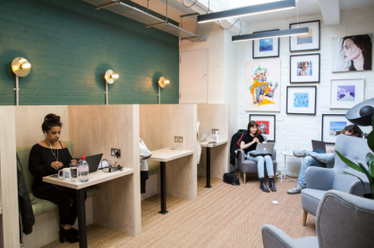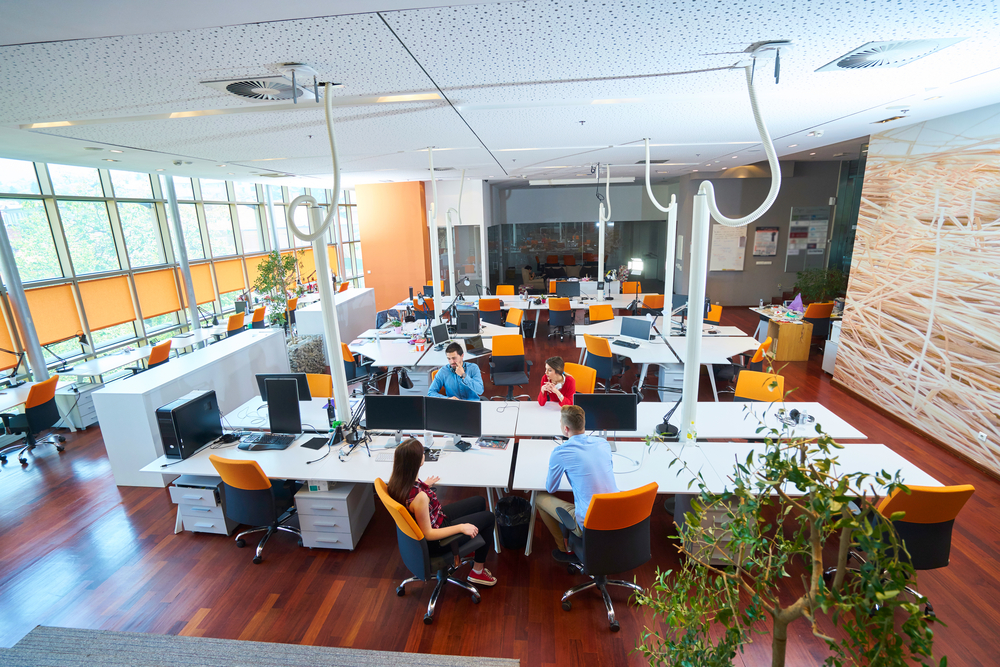Coworking Security
7 Ways to Keep Everyone Safe
As the manager of a coworking space, you walk a fine line. Your site must offer security while helping members and guests feel welcome. The following seven tips promote digital and physical security without interrupting ease-of-use. Create a Warm, Automated Welcome Automated attendance trackers deliver convenient yet controlled access to your shared workspace. Combine Kisi […]





